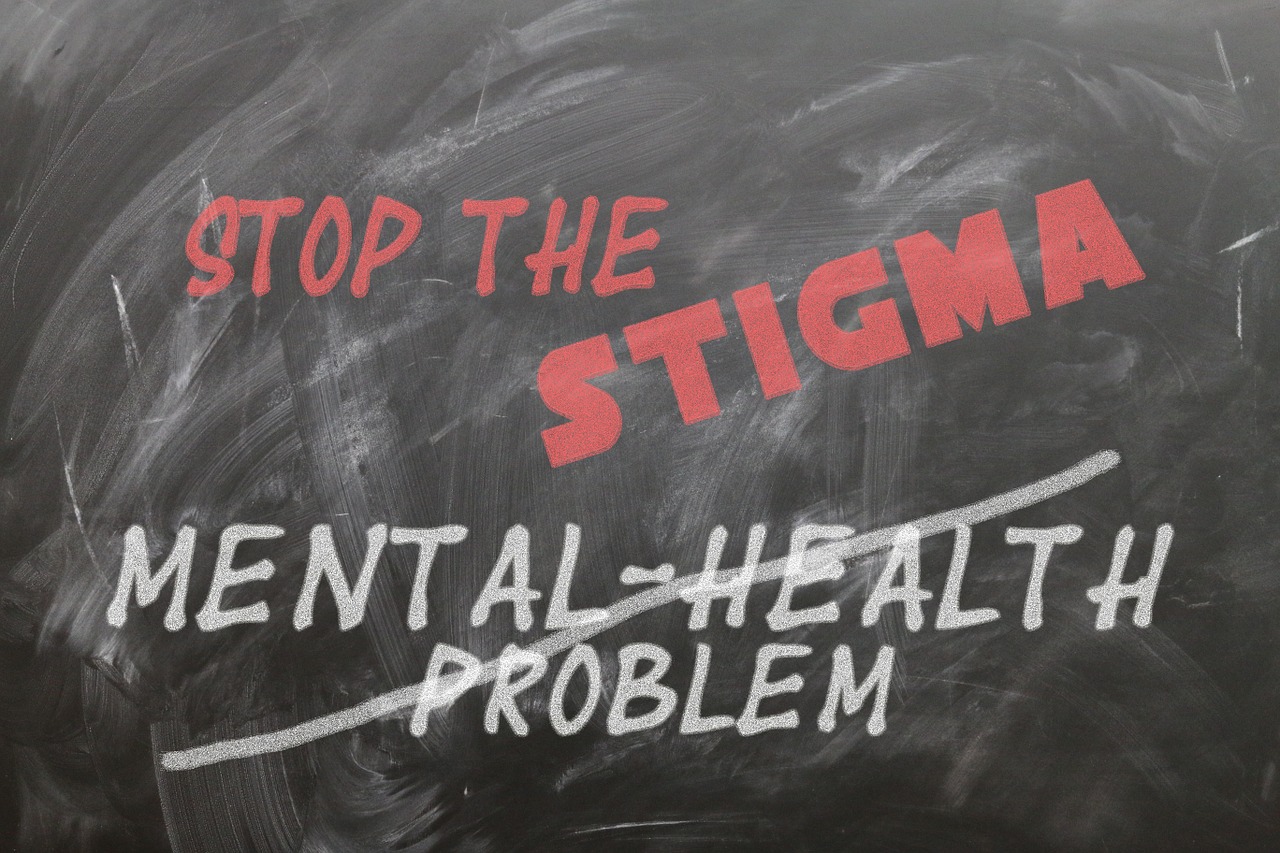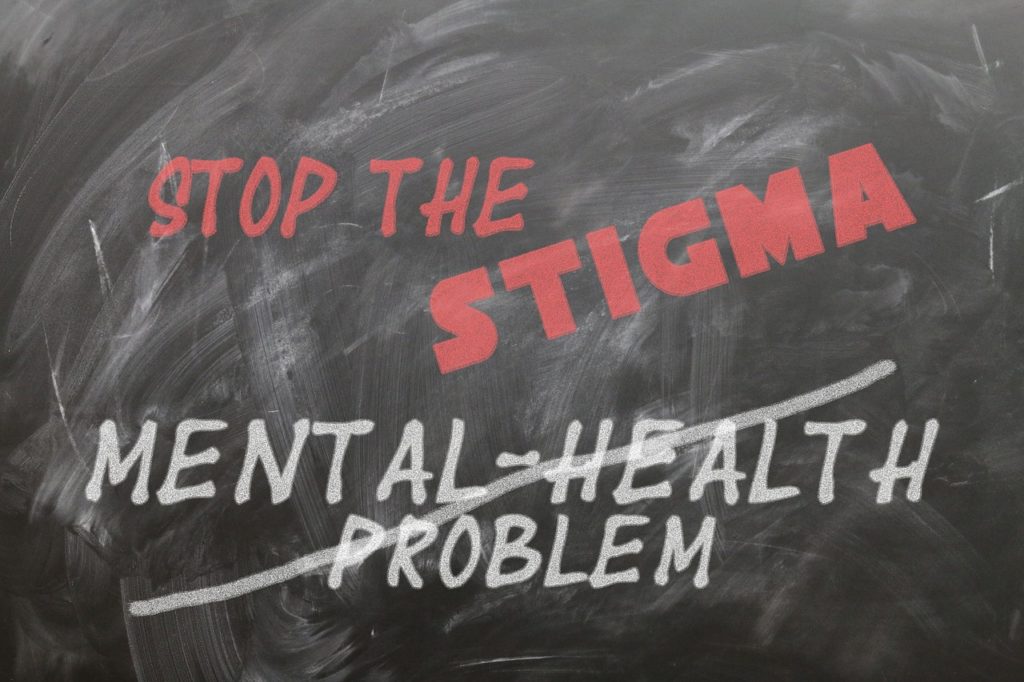Unmasking the Hidden Crisis: Mental Health Imperatives in India and China

By: Jayashre Chennai – 2023 Summer Intern
Mental health is a universal concern that knows no boundaries, affecting individuals worldwide. India and China, two populous nations, grapple with a growing mental health crisis that demands immediate attention and concerted action.
In India, mental health remains a privilege denied to the marginalized due to the high cost of treatment and limited insurance coverage. Shockingly, therapy sessions in India can range from ₹1,000 (12.13$) to ₹5,000 (60.67$) per hour, making it unaffordable for many individuals. Only 7% of Indians can afford mental health treatment out-of-pocket, leaving 44% reliant on private insurance. The economic impact of mental illness is significant, with the Lancet Commission on Global Mental Health and Sustainable Development estimating that India could lose a staggering $1.03 trillion from 2012 to 2030.
High expenditure on mental disorders in India is driving approximately 20% of households with a member experiencing mental illness into poverty, according to a study by the Indian Council of Medical Research. The survey revealed that over 18.1% of total healthcare budgets were spent on mental care. This alarming statistic highlights the urgent need for early diagnosis, management, and financial risk protection to address the severe mental health crisis in India.
China also faces significant mental health challenges, with prevalent depression, anxiety, and other disorders. The government has taken initial steps by implementing a mental health law and increasing the number of facilities and professionals. However, sustained commitment and collective action are
necessary. It is estimated that in China, for every 100,000 people, there are only 1.5 psychiatrists and 0.3 psychologists, underscoring the need for expansion in mental health resources.
Recognizing mental health as a fundamental aspect of human well-being is crucial in both India and China. In India, social stigma discourages individuals from seeking help, with mental health discussions remaining taboo, especially in rural areas. Similarly, China faces cultural barriers that prevent open discussions about mental health. Education and awareness initiatives are crucial in empowering individuals to recognize signs of distress and access appropriate support.
Collaboration between India and China can play a pivotal role in addressing their shared mental health challenges. By leveraging their rapid advancements, both nations have an opportunity to prioritize mental health and build healthier, more resilient societies. Knowledge exchange, joint research initiatives, and lessons learned from each other’s experiences can contribute to the development of comprehensive mental health plans.
In conclusion, the mental health challenges faced by India and China are urgent and require immediate action. By prioritizing mental health, increasing accessibility to care, and combating social stigma, these nations can create societies that prioritize the well-being of their citizens. The path ahead necessitates sustained commitment, collaborative efforts, and transformative changes. Let us seize this opportunity to address the mental health crisis, create equitable systems, and build brighter and more compassionate futures for the people of India, China, and beyond.
Referred Links:
- Mental health after China’s prolonged lockdowns – The Lancet
- India faces severe mental health crisis: ICMR- The New Indian Express
- Mental health care analysis (indiatimes.com)
Jayashre Chennai wrote this opinion piece while interning for the World Affairs Council of Harrisburg and PA Media Group.




